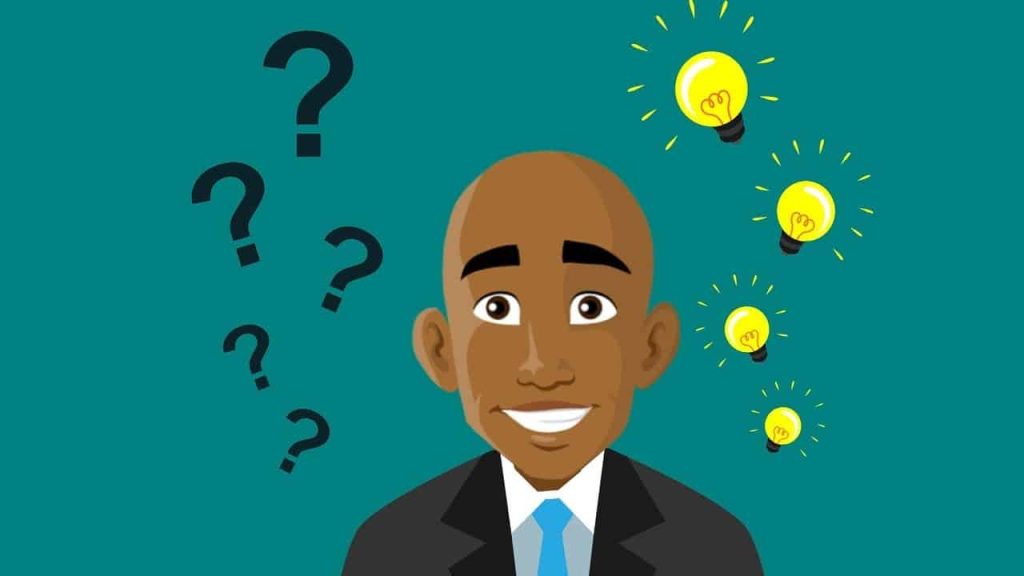The question of whether people receiving food stamps should be drug tested is a hot topic! Many people wonder why it’s not a requirement, especially given that taxpayer money is used to fund the program. This essay will explore the reasons behind this, examining the legal, practical, and ethical considerations that make widespread drug testing for food stamp recipients a complex issue. It’s a good question, and we’ll dig into why it’s not as simple as it might seem.
Legal Hurdles and Constitutional Concerns
One of the biggest reasons drug testing isn’t widespread for food stamp recipients is because of the law, specifically the Constitution. The Constitution protects us from unreasonable searches, and drug testing is considered a search.

Think about it this way: The government needs a good reason, or probable cause, to search someone. Just because someone is getting food stamps doesn’t automatically mean they’re breaking the law. This means that making everyone on food stamps get drug tested could be a violation of their rights.
This has been challenged in court. Courts have often ruled that blanket drug testing policies, where everyone is tested without any suspicion of drug use, are unconstitutional. Some states have tried to pass laws requiring drug testing, but they’ve often been met with legal challenges and have been struck down. These laws are tricky and need to be very carefully written to get around these legal problems.
To illustrate this point, consider these scenarios:
- A person is randomly selected. There is no reason to suspect drug use, but they’re forced to be tested.
- A person is tested. They are fine, but the government is required to have a reason to do it.
- A person gets tested, and the government uses it as a reason to take benefits away.
Cost and Practicality Concerns
The High Cost of Testing
Drug testing everyone who receives food stamps would be super expensive. The government would have to spend a lot of money to pay for the tests, the equipment, and the people to administer them. It’s not as simple as it sounds. Plus, there are also legal fees involved, and the administrative burden of tracking who’s been tested and the results.
The cost of these tests could potentially take funds away from the program itself. This may mean fewer people could get help, or less food would be provided to those who are eligible, which would defeat the purpose of the program. It would mean fewer people would be served than the original plan.
Consider these financial aspects:
- The cost of each individual drug test.
- The cost of the labs to process the tests.
- The cost of employees’ salaries needed to run these tests.
- The cost of dealing with the court cases and legal problems.
It may not be the best use of taxpayer money if the government is spending money on drug testing instead of helping people buy food. The money could be used for a lot of other things, too!
The Question of Effectiveness
Does Testing Actually Work?
Even if drug testing were legal and affordable, would it actually achieve its goals? The evidence on whether drug testing people on public assistance actually reduces drug use is mixed. There are arguments on both sides about whether these programs work.
Some studies have shown that drug testing programs don’t always lead to big changes in drug use. People might temporarily stop using drugs to pass a test but then resume using them later. It doesn’t solve the underlying issues of drug addiction.
Also, some people might try to find ways to cheat the system. Here’s a small table showing some methods:
| Method | Description |
|---|---|
| Dilution | Drinking a lot of water to dilute the urine sample. |
| Substitution | Using someone else’s urine sample. |
| Synthetic Urine | Using fake urine. |
These methods could mean drug testing might not be very accurate. If it’s not accurate, it’s a waste of time and money.
Stigma and Discrimination
Fairness and Potential for Discrimination
There are concerns about whether drug testing could unfairly target certain groups of people. If drug testing is perceived as discriminatory, it could lead to people being wrongly labeled as drug users, which is unfair and could cause other problems.
There is worry that some communities might be unfairly singled out for drug testing based on things like race or income. Such practices could potentially stigmatize or humiliate those who are trying to get help to provide for themselves and their families. It could be very offensive to be tested in such a way.
- It could create a perception that people on food stamps are automatically suspected of wrongdoing.
- It could make it harder for people to seek help or benefits they need.
- It could increase the stigma associated with poverty and public assistance.
If people are worried about being treated unfairly, they might be less likely to apply for food stamps, even if they really need the help. That’s not what the food stamp program is supposed to do.
Conclusion
In conclusion, while the idea of drug testing people receiving food stamps might seem like a simple way to ensure responsible use of taxpayer money, it’s a very complicated issue. There are legal challenges, cost concerns, questions about effectiveness, and potential for discrimination to consider. The current system balances the need to support people in need with the rights of those individuals. It’s a debate with a lot of different perspectives, and there are many important things to consider.